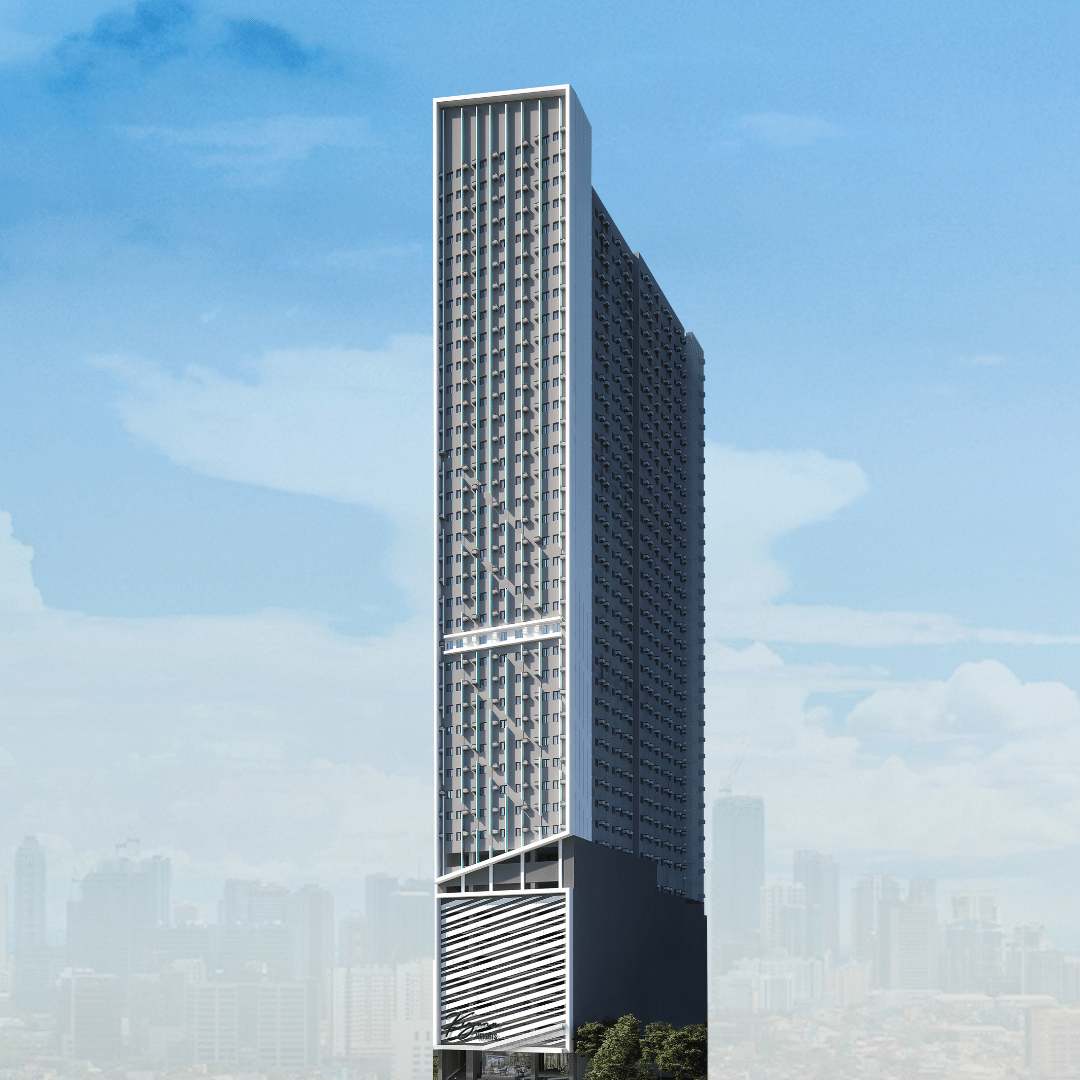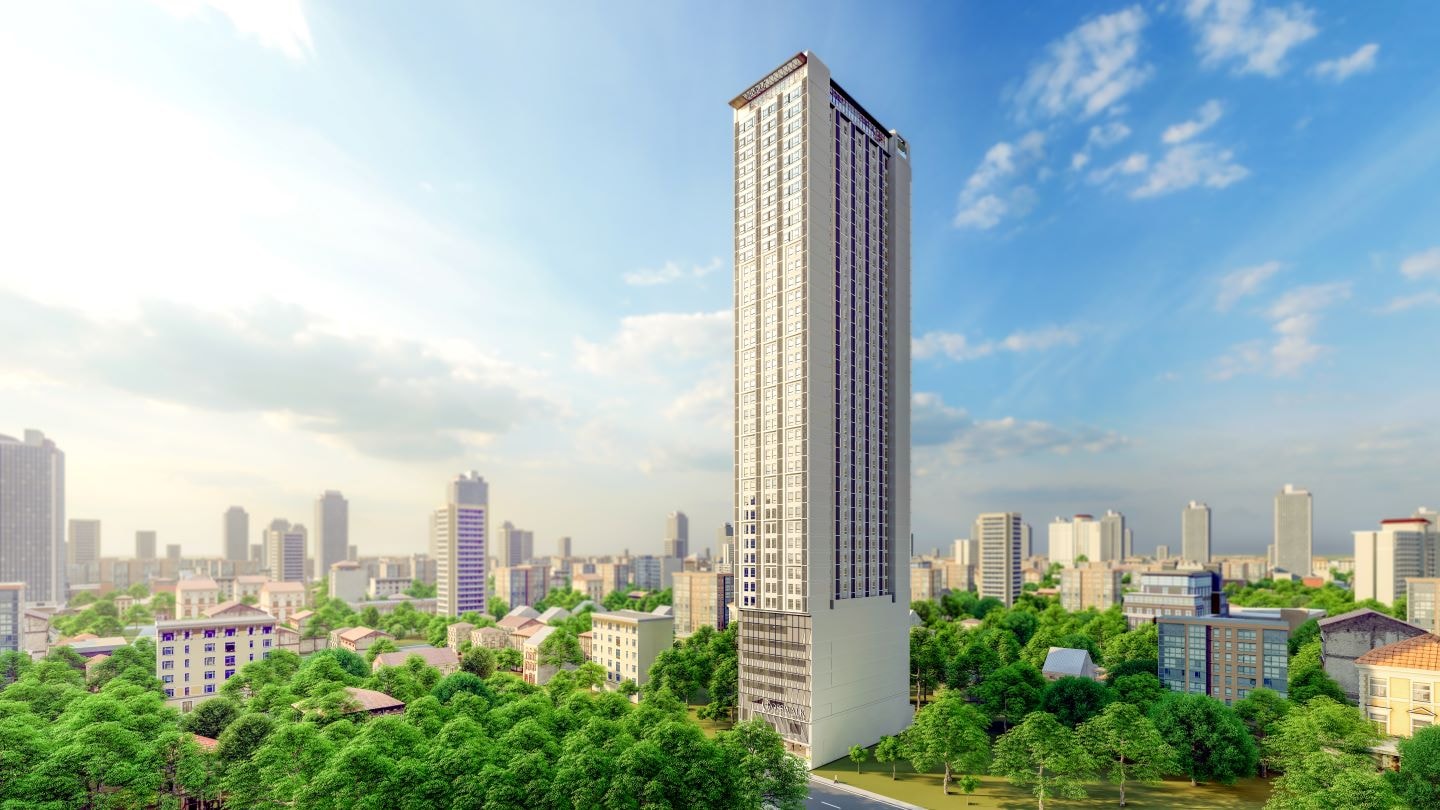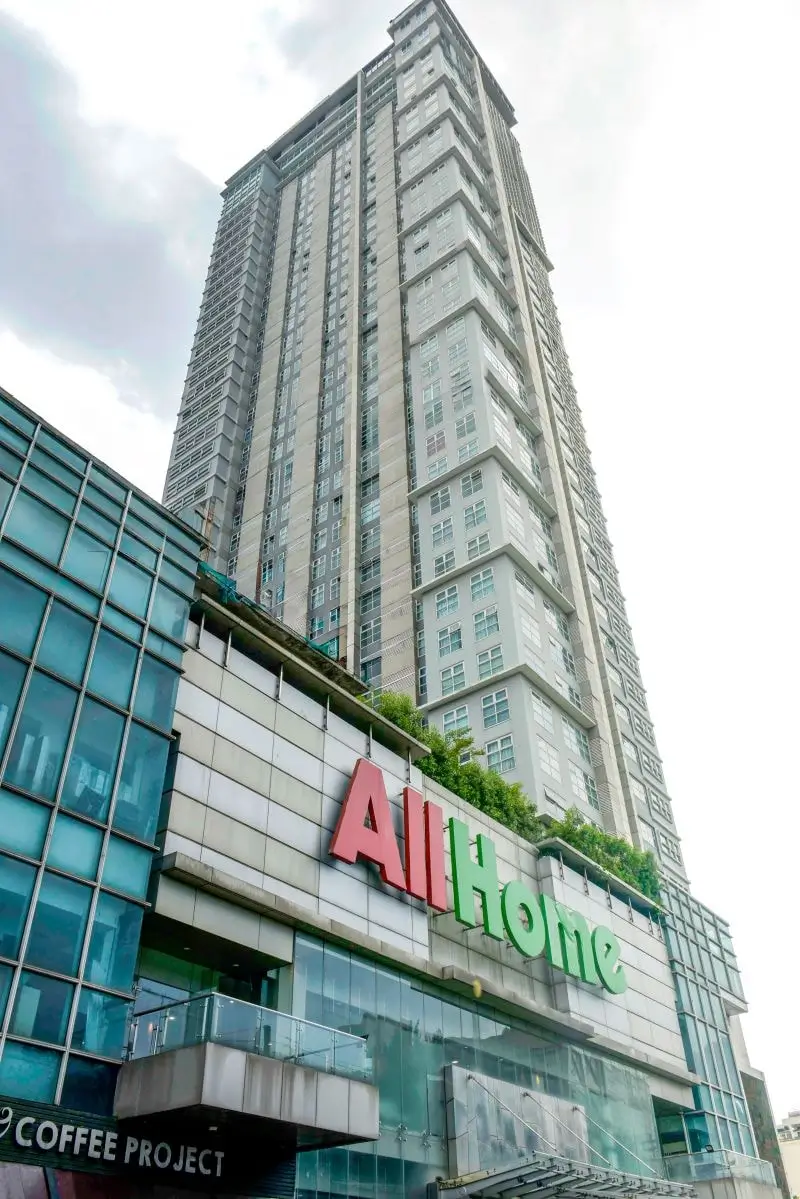Businesses were obliged to quickly move to remote labor once the COVID-19 pandemic broke out. The development and deployment of vaccinations increased employee confidence in returning to the office, but questions regarding how to properly return to the office remain. However, for most companies, returning to work following COVID-19 is an even more difficult and time-consuming procedure.
And it's not going to get any simpler as legislators, regulators, companies, and employees fight over-vaccination regulations. As a result, companies devise a return strategy that helps them fulfill business objectives while also considering employee expectations and the desire for more flexibility.
One of our day's most challenging business issues is navigating the COVID-19 pandemic and its aftermath. Most businesses adopted new ways of working to keep operations running, which resulted in empty or semi-empty offices, factories, and storefronts.
Back to Office: The Hybrid Workforce of the Future
While both employees and employers have different expectations for what a "back to the office" should look like, one thing is clear: everyone wants more workplace flexibility, and a hybrid workplace model blends remote and on-site work features. Some or all employees in a hybrid workplace have the freedom to select where and when they work; they can also split their time around working from home, a co-working location, or their company's office.
The future of work in this "new normal" is flexible, and more companies are turning to the hybrid model to provide their employees the freedom they require. Many people and businesses would no longer consider the workplace to be bound to a physical site but rather a hybrid mix of environments where work may be done in the future.
How COVID-19 affected the Rent Market
The COVID-19 outbreak has thrown the condo rental housing market into disarray, lowering demand for rental units while increasing supply. Renters are more likely to be harmed by this economic downturn as border controls have limited international visits and local tourists.
Weak labor market circumstances, including the temporary closure of numerous service businesses, have decreased demand for rental properties. In contrast, some households have consolidated to save funds and request rent cuts or deferrals.
Also, the flow of students and other workers (who usually rent) has reduced, further intensifying the crisis in the rental market. A substantial number of short-term accommodation operators have converted their properties to the long-term rental market due to the declining number of foreign visitors and local travelers. In certain regions, the vacancy rate has climbed dramatically.
Investing in a Condo Amidst COVID-19
While the worldwide epidemic has altered our lives and corporate practices and reset our goals and priorities, it has also spurred creativity. Developers in the real estate industry have shifted gears to adapt to the altering situation.
While the pandemic initially slowed demand throughout all real estate categories, pre-sale condominiums have shown enduring appeal. Colliers Philippines reports that the number of sold units beat the total number of releases in the first nine months of 2020, indicating strong demand.
Today, buying a condo backed by research and intelligent financial planning may provide excellent, long-term profits. If you still need to be convinced, consider the following reasons why condos are still a good investment:
Availability of Essentials.
Various quarantine regulations have kept us all home throughout the last year and limited our ability to move and travel. Outdoor activities were refocused on necessities, including grocery shopping, banking, and required business travel due to social distancing mandates. Access to daily needs such as food, medicine shops, and medical facilities has become critical.
A profitable and successful real estate investment relies heavily on location, and many investors prioritize location. These fundamental necessities are guaranteed in a condo in a core metroplex, such as a university or business district.
In addition, condominiums may have their restricted commercial areas, which frequently house essential businesses such as convenience stores, diners, or laundromats. Condo buildings' self-contained structure ensures that tenants aren't ever beyond an elevator ride away from their requirements. This degree of convenience remains appealing for investors interested in either residential use or renting out their condo units.
Payment arrangements that are flexible
The outbreak of COVID-19 has turned real estate into a buyer's market. Due to lower demand, several developers have had to become inventive with payment choices and periods. Making a down payment toward the overall contract price, with the remainder paid through bank loans, is a standard payment arrangement. For pre-selling apartments, the down payment can also be amortized over several months or years, with the remainder due upon handover.
Ready-for-occupancy (RFO) condos are a good alternative for folks who need to use their property right away. For RFO projects, there are lease-to-own alternatives that provide various ownership routes. In specific residential complexes, it enables leasing of RFO apartments and payment of rental rates until the purchasers can convert the lease into a sale.
Property management that is proactive
The COVID-19 pandemic has highlighted the importance of proactive and responsive property management for residential buildings, including the ability to apply safety and health policies quickly and consistently to safeguard inhabitants.
Over the last year, safety standards have developed, guaranteeing tenants' safety extends beyond standard area cleaning and the placement of social distance indicators. It has now expanded to include the entire property management team's health.
Vista Residences has been testing all of its property management employees for the best protection of everyone in the condo community even before the government's immunization program was implemented.
Versatile utility
"Make your money work for you" is a common financial proverb, especially true in real estate. Real estate acquisitions may serve several purposes for intelligent investors, allowing you to maximize the advantages of your hard work. For example, purchasing a condominium near Metro Manila's university areas might serve many purposes.
A university apartment provides a safe and supportive environment for students to reach their full potential for a family with college-aged children. Families can now use their condominium unit's potential for rental revenue once their children have graduated from school. Young professionals working in or around the metro's commercial areas may be attracted by the location, combined with spacious, well-appointed facilities and fiber internet access.
Families with younger children can also purchase a condominium unit and utilize it as a source of rental income until their children reach college age. Many people, particularly in the provinces, see condos as flexible midway houses. Others consider serviced homes, which offer hotel-like services and amenities and may be hired for short or extended periods of time.
Whether or not there is a pandemic, purchasing real estate is always one of the essential financial decisions. Beyond the pandemic, both seasoned and first-time investors may realize that real estate is one of the most resilient economic sectors. Long-term real estate prospects exist in emerging countries like the Philippines, where there is a vast housing inventory and most of the workforce is young and still expanding.
For more information on Vista Residences, email [email protected], follow @VistaResidencesOfficial on Facebook, Twitter, Instagram, and YouTube, or call the Marketing Office at 0999 886 4262 / 0917 582 5167.










